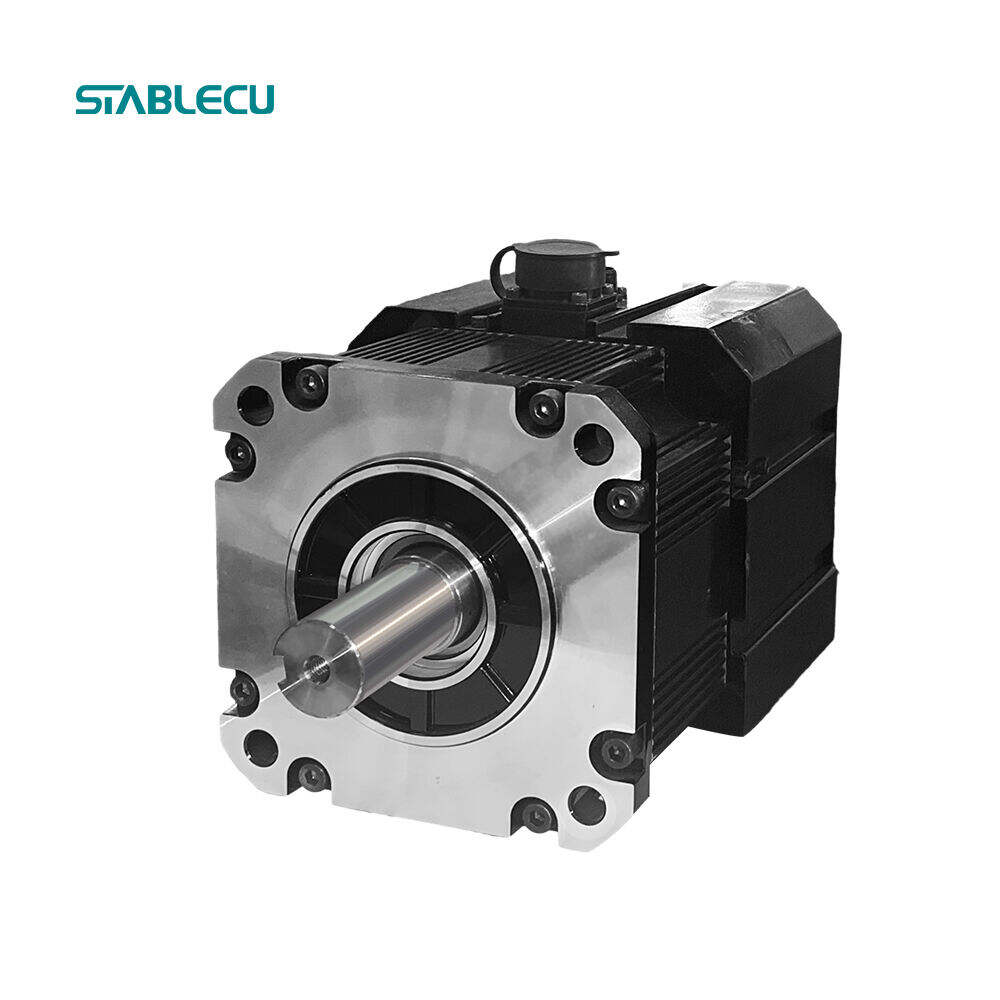Understanding Servo Motors The Behind Precision Control
In automation and robotics, servo motors are indispensable components for enabling precise control over position, speed, or acceleration of mechanical systems. These are powerful yet compact motors used for various applications across different industries including aerospace engineering and industrial manufacturing.
What is a Servo Motor?
A servo motor refers to an actuator made up of a motor, a drive and feedback device. It is used when there is need for accurate control over angular or linear position. The main difference between conventional motors which turn at constant speeds and servo motors which can be controlled to achieve specific positions, speeds and accelerations with high accuracy is that the latter employs closed-loop control system comparing the intended position with actual position and varying motor output accordingly.
Features of Servo Motors
Servo motors are popular due to their accuracy in performance, efficiency as well as reliability. Some key attributes include but not limited here include the following:
High Accuracy: Capable of achieving movements within less than one degree precision.
Fast Response Time: No latency in reacting after there is any change in input commands that therefore enables quick changes.
Efficient Operation: Manufactured such that minimal energy losses occur while converting electrical energy into mechanical motion.
Wide Range of Motion: Able to operate at different torque levels and speeds.
Incorporated Feedback: Comes with a real-time feedback about the position of the motor, thanks to its encoder.
Programmable: Can be made to perform complex motion profiles as well as user routines.
Applications of Servo Motors
For this reason, servo motors are employed in various industries for example:
Industrial Automation Sector: used on assembly lines, in robotic arms and CNC machines to achieve accurate positioning and repeatability.
Aerospace Sector: Such as airplanes or spacecrafts in which they assist in changing angles by adjusting wings flaps among other things.
Automotive industry; Here they are used within fuel injection systems and steering mechanism just but to mention a few of them.
Consumer electronics: where they power focus or zoom mechanisms for use with cameras and smart phones
Medical Industry: This includes any surgical robotics that may be needed or diagnostic machines requiring fine manipulation.
Servo motors are essential elements in modern technology that allow for the automation and precision control of mechanical systems. Their ability to execute commands with high accuracy and efficiency has made them indispensable in numerous industries, from manufacturing to medicine. As technology continues to advance, the role of servo motors is only expected to grow, further driving innovation and improving our everyday lives.


 EN
EN
 AR
AR
 BG
BG
 HR
HR
 CS
CS
 DA
DA
 NL
NL
 FR
FR
 DE
DE
 EL
EL
 HI
HI
 IT
IT
 JA
JA
 KO
KO
 PL
PL
 PT
PT
 RO
RO
 RU
RU
 ES
ES
 SV
SV
 CA
CA
 TL
TL
 ID
ID
 SR
SR
 UK
UK
 VI
VI
 SQ
SQ
 HU
HU
 TH
TH
 TR
TR
 FA
FA
 AF
AF
 MS
MS
 KA
KA
 BN
BN
 LA
LA
 TA
TA
 KK
KK
 UZ
UZ
